
PlanetWoman: Choral Connections Across Time and Space
A conversation with Zsuzsanna Ardó and her creative collaborators about the progress of PlanetWoman, the international choral project connecting composers and choirs across the globe.
There is no historical or geographical limit on what can be covered. There is no restriction on the style or genre of song or singing.
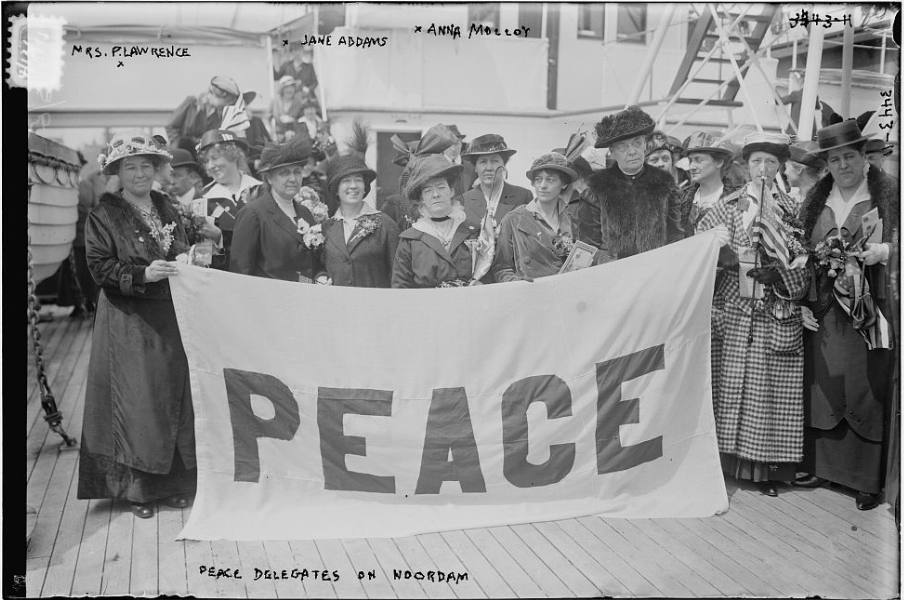
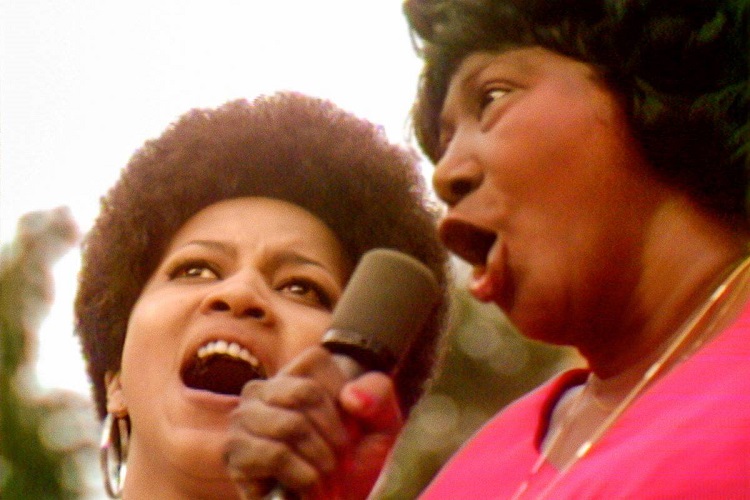

A conversation with Zsuzsanna Ardó and her creative collaborators about the progress of PlanetWoman, the international choral project connecting composers and choirs across the globe.
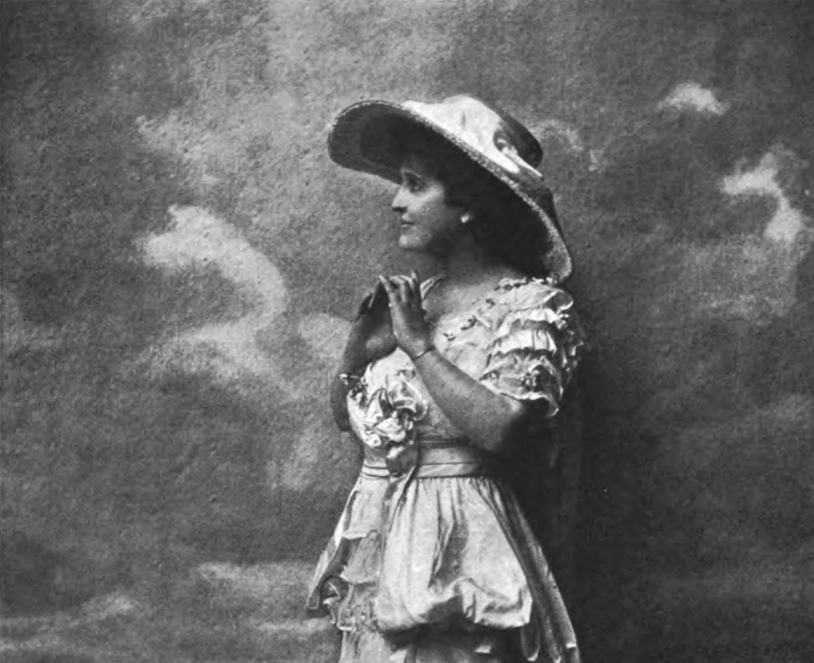
Kitty Cheatham – singer, actress, daughter of slave-owners – was committed to preserving Negro spirituals, even as her performances swore allegiance to the Lost Cause of the antebellum South.
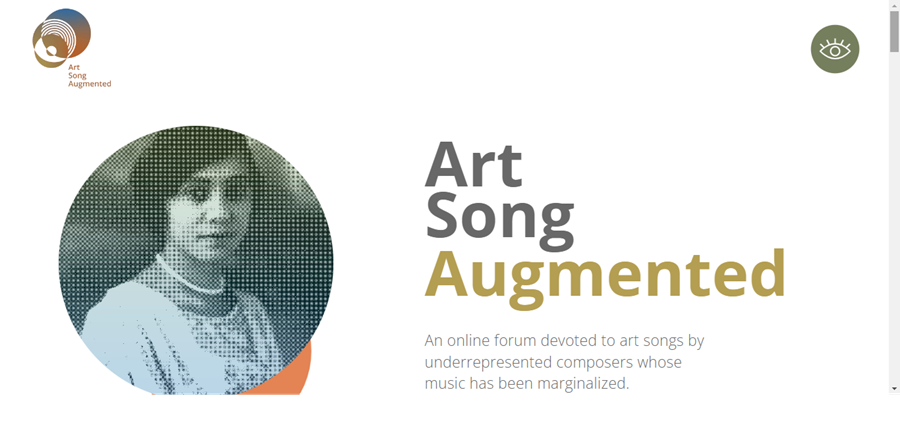
Two-and-a-half years ago I launched a website devoted to marginalized song composers. In this post, I reflect on where it all began.
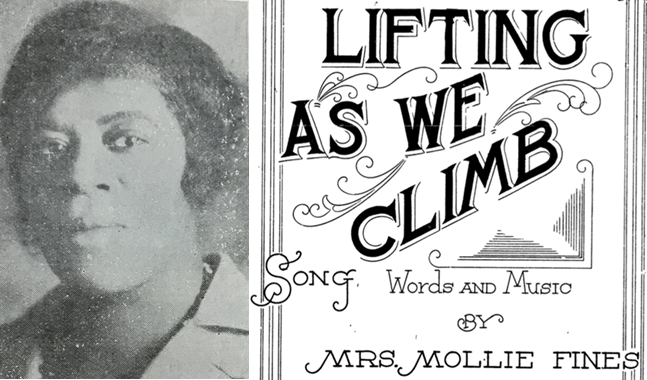
Wichita’s newspaper, The Negro Star, helps document the remarkable life of Mollie Fines, and shows that she regularly used new musical experiences to create new opportunities.
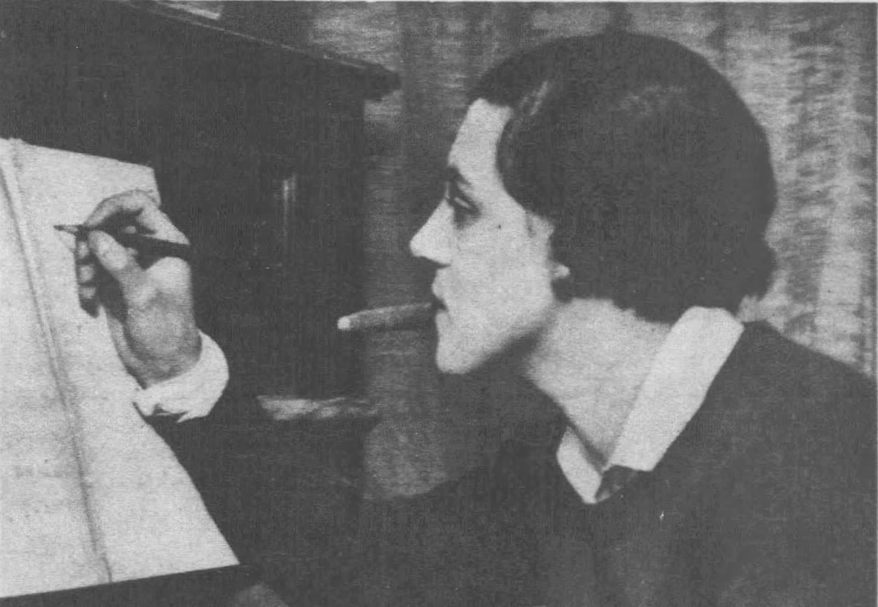
There are at least two ways to read this striking image of Vivien Lambelet: one personal, the other professional. One reading doesn’t exclude the other.

Jovana Backović’s haunting music for Ophelia in a production of Hamlet spurred this conversation about her influences and artistic goals.
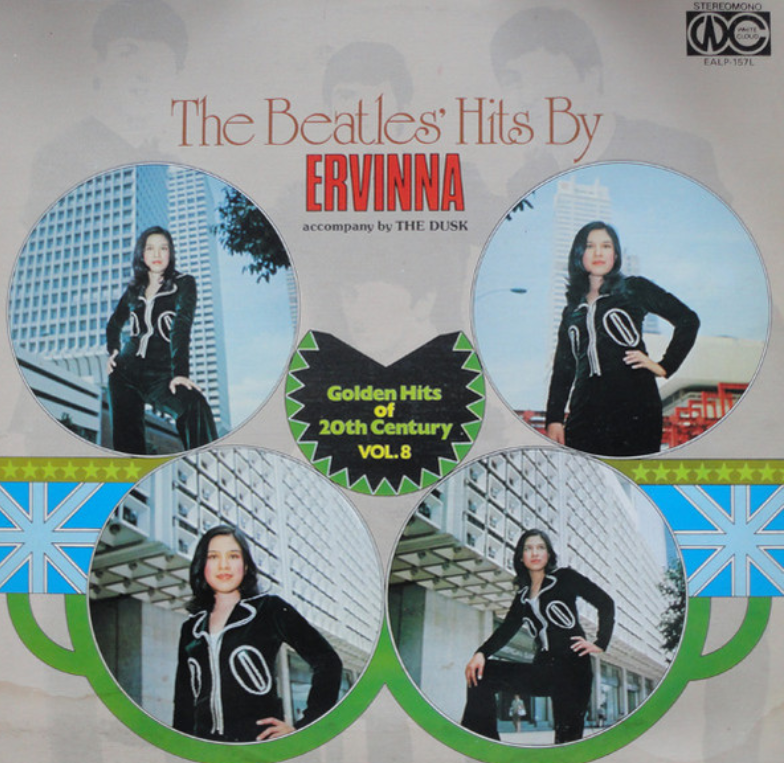
Translations and cover songs raise many of the same questions. This post (and playlist) looks at how young women transformed Beatles songs on their debut albums.

On a lark, I asked my students to listen to a beautiful song by Caroline Shaw and, rather than write about it, draw a picture of it. The results astounded me.

A conversation with soprano Susan Narucki about her new album of art songs by early 20th-century women composers.
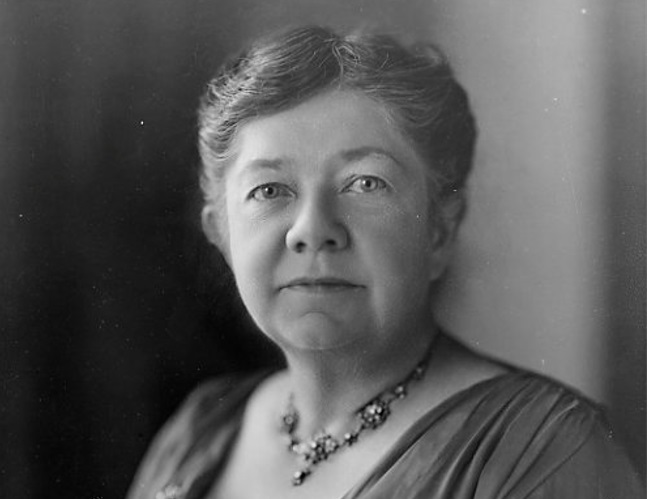
Four exceptional women composers underwent mid-career conversions. Having favored male poets for the first decades of their careers, they began in their 40s to favor women poets.